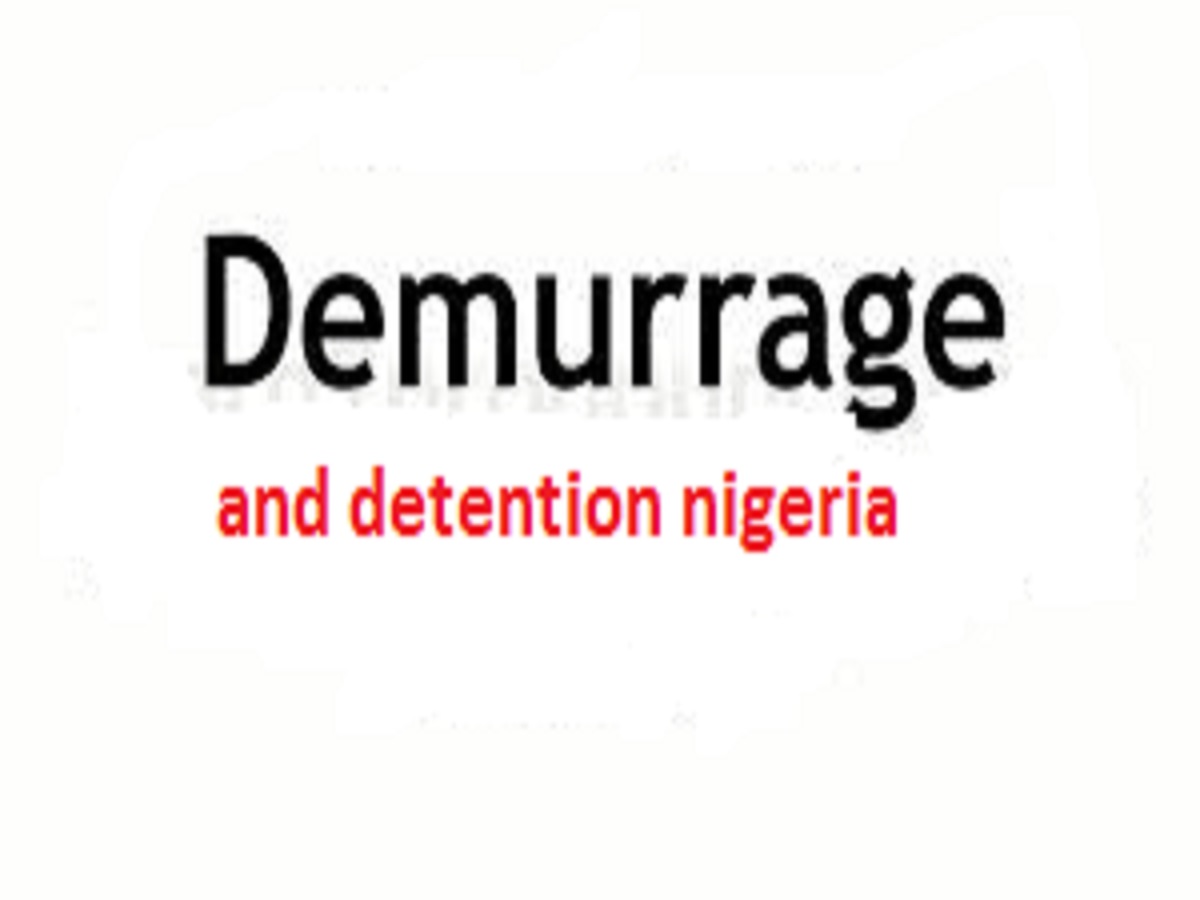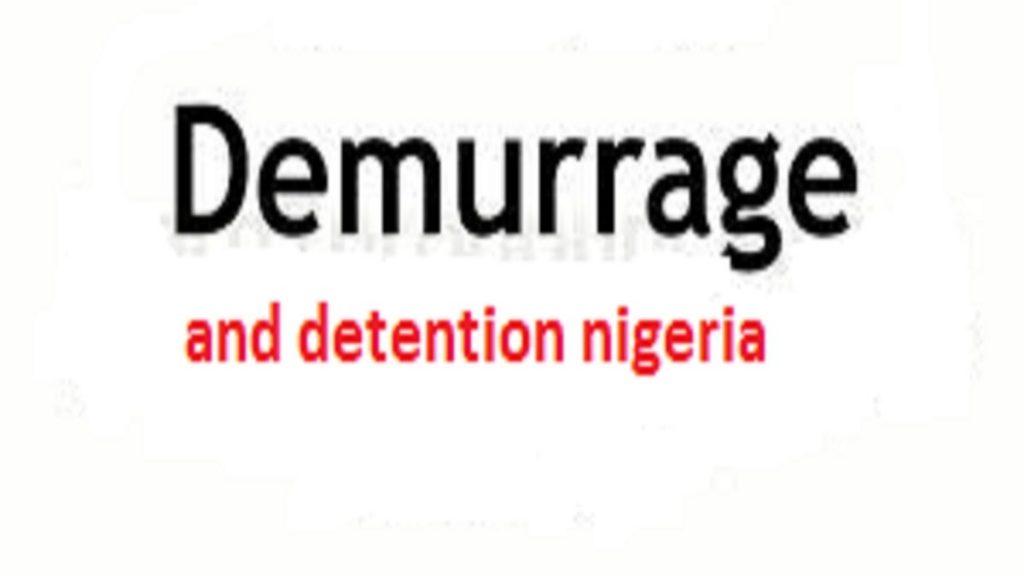
Table of Contents
ToggleDemurrage charge and detention are two terms that one cannot help but mention in the movement of goods between countries. What really do the terms demurrage and detention mean? Who pays for demurrage and detention? Again, what are other port charges? Well, this article will define how demurrage, detention, and other port charges work in international trade. Furthermore, the article will prepare importers and exporters on what to do to avoid pleasant surprises down the trade line.
Recommended for you: FORM M QUESTIONS; BEST UPDATED ANSWERS
DEMURRAGE CHARGE, WHO PAYS WHAT?
The question of who pays what in international trade is a function of the trade rout followed. What do I mean by trade rout? The International Chamber of Commerce (ICC) is the body responsible for assigning meanings to international trade terms. Thus, the terms have international application. Moreover, the exact meaning and application may vary slightly among countries. These trade terms therefore, become commercial paths with clearly defined roles for trade parties.
The rout followed shows who takes cargo ownership at every point in the movement goods. If the term is FOB for instance, it means that as soon as the cargo is loaded on-board at the origin, the shipper is free from all risks.
For more detail about trade, terms read also INCOTERMS: UNDERSTANDING SHIPPING TERMS IN NIGERIA
In the course of planning, it is easy to forget demurrage, detention and port charges.
WHAT ARE DEMURRAGE CHARGE AND DETENTION CHARGES?
The terms demurrage and detention are often useable interchangeably and somewhat rightly. In most cases, the detention charge is inclusive in the demurrage charge. However, there is difference between demurrage and detention charges. The following definitions will indicate this difference.
Demurrage charge:
Demurrage is charge imposed by shipping company on the consignee/consignor for failure to take delivery and move container out of port terminal at expiration of free time. The shipping company usually have a time allowed for the importer to pick the container, unload and return to the bay. This time is what the shipping line free days is. In most cases, the free days are on the reverse side of the bill of lading document. The importer is to clear the cargo, transport goods to his warehouse, and return the container within free days. Beyond the free days, the importer is to pay demurrage.
Detention:
Detention is charges imposed by shipping line on the importer for failure to return container after free days. Unlike demurrage, detention means that container is already out of port terminal, but not returned to the bay within free days.
PORT CHARGES
Port charges are those charges levied by the ports on the container. This charge includes the following:
- Shifting charge
- Early arrival or late charge
- Terminal Handling Charge (THC)
- Port storage charge
- Amendment or cancellation charge
- Stuffing and stripping charge
- Lifting charges, etc.
In my next article, I will discuss detail on port charges.
Read also: TERMINAL HANDLING CHARGES, SHIPPING COMPANY CHARGES
Conclusion:
Demurrage and detention can be seen as one, and rightly so. However, for purposes of understanding and technicality, both terms are distinguishable. To avoid paying demurrages, importers must do early clearance before cargo arrival. Clearance can begin as soon as manifest. Additionally, terms used in freight forwarding have local applications. Consequently, below are the key differences between demurrage and detention:
- Free time determines the number of days a supplier can use the container free — anything beyond this time incurs a fee.
- Demurrage and detention are separate but linked in the journey of your cargo.
- Demurrage charges always relate to the time a container is inside a terminal.
- Detention refers to the time a container spends outside of the port.
Thanks for reading this article.

